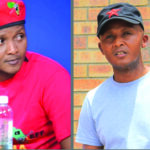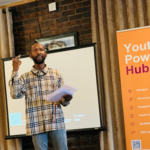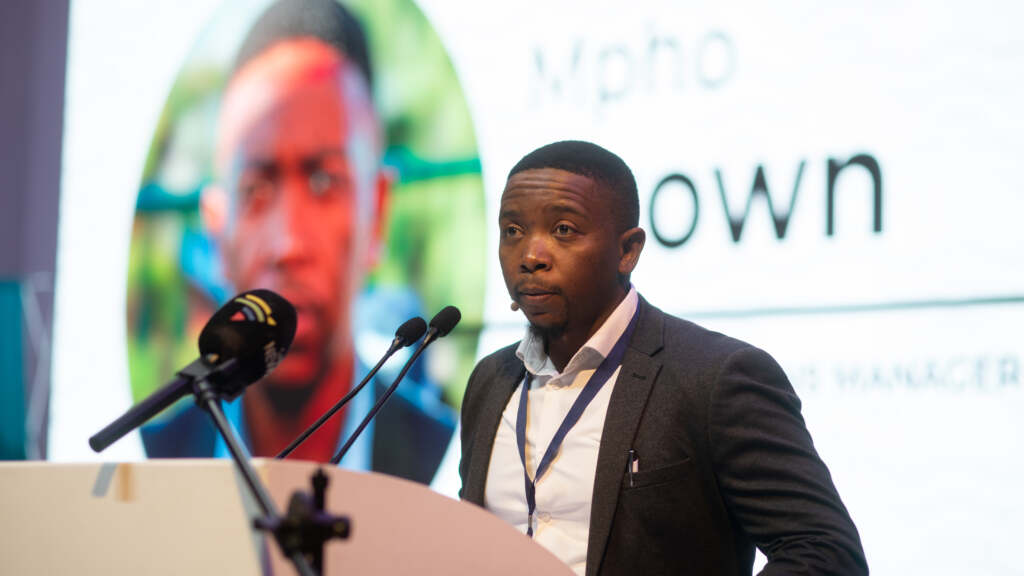One of the most overlooked and yet pervasive challenges in Lesotho is our collective reluctance to support progress when it is led by someone we perceive as an opponent, rival, or even simply “other.”
This phenomenon is not a reflection of incompetence or lack of ambition among our leaders or innovators; rather, it is rooted in an attitude that prioritises ownership of success over the success itself.
If someone outside our immediate circle is driving a project forward, whether it is an economic initiative, a community program, or a national policy, we often instinctively resist it, not because it is flawed, but because we do not want the credit, influence, or recognition to go to anyone else.
This cultural tendency manifests in subtle but powerful ways across society. Basotho may collectively express a desire for a thriving economy, improved public services, or social development, yet when these benefits are tied to someone we do not personally endorse, our support is hesitant, conditional, or even absent.
A development project that could transform a community may be quietly ignored, a policy that could create jobs may be dismissed in public conversation, or a social program that benefits children may receive lukewarm backing, all because the person leading it is not “one of us.” In short, progress is often measured not by its impact, but by who is driving it.
The consequences of this mindset are significant. Promising initiatives are slowed, derailed, or co-opted by factions more interested in personal positioning than national benefit. Innovation is stifled, and talented individuals are discouraged from pursuing bold ideas for fear that they will encounter passive resistance or active obstruction.
Even when programs succeed, the broader society often struggles to rally around them, and this leavs achievements fragmented and their full potential unrealised.
This reluctance to support others’ achievements is not limited to politics. It extends to business, education, agriculture, and community life.
A neighbour’s successful business, a colleague’s innovative business idea, or a student-led environmental project attracts skepticism or covert resistance if it is seen as elevating someone else’s status. In some ways, the issue is psychological: the human desire for recognition, control, and influence becomes a lens through which all progress is evaluated.
What makes this challenge particularly insidious is how rarely it is acknowledged in public discourse. It is easier to attribute failure or stagnation to structural inefficiencies, limited resources, or government mismanagement than to confront the social attitudes that resist others’ success.
Yet this dynamic shapes the nation profoundly, influences how policies are implemented, how communities organise, and how public initiatives are received. By silently undermining effective leadership and collaboration, society itself becomes a barrier to development.
The manifestations of this mindset are visible in everyday life. In politics, even policies that could improve livelihoods or infrastructure may be opposed or ignored if they are perceived as enhancing someone else’s profile. Even within families and communities, the same dynamic operates, support is offered selectively, loyalty is conditional, and collective good is often subordinated to personal or group advantage.
Addressing this challenge requires more than policy interventions or legislative measures, it requires a profound cultural shift. Lesotho’s future depends on cultivating a society that values ideas, outcomes, and initiatives for what they achieve, rather than for who owns them.
Schools, families, businesses, and civil society all have roles to play in fostering this ethos. Celebrating success, supporting innovation, and rallying behind initiatives should not be acts of allegiance, but expressions of collective responsibility.
Leadership must be evaluated on effectiveness and integrity, innovation on impact, and contributions to society on tangible benefit, rather than on affiliations, loyalties, or perceived competition.
Similarly, citizens must recognise that supporting good ideas, irrespective of origin, is not a betrayal of personal or political identity, it is an investment in national progress. Only by prioritising shared outcomes over individual pride or rivalry can Lesotho unlock the full potential of its people and resources.
Until this cultural shift occurs, even the most promising policies, projects, or innovations will face invisible resistance. The challenge is not a lack of talent, resources, or ambition, it is our unwillingness to embrace the success of others and, in doing so, the success of the nation as a whole.
For Lesotho to thrive, we must first confront this silent barrier: a mindset that privileges personal ownership over collective advancement. Only then can we transform potential into reality and ensure that progress is truly shared, inclusive, and sustainable.
Summary
- One of the most overlooked and yet pervasive challenges in Lesotho is our collective reluctance to support progress when it is led by someone we perceive as an opponent, rival, or even simply “other.
- If someone outside our immediate circle is driving a project forward, whether it is an economic initiative, a community program, or a national policy, we often instinctively resist it, not because it is flawed, but because we do not want the credit, influence, or recognition to go to anyone else.
- A development project that could transform a community may be quietly ignored, a policy that could create jobs may be dismissed in public conversation, or a social program that benefits children may receive lukewarm backing, all because the person leading it is not “one of us.

Lesotho activist and journalist who is the Chairperson of the Media Institute of Southern Africa (MISA) Lesotho. He is an International Visitor Leadership Program (IVLP) alumnus.
Boloetse is driven by the need to protect and promote the rights of others, especially the marginalized segment of society. He rose to prominence as an activist in 2018 when he wrote to Lesotho communications Authority (LCA) asking it to order Econet Telecom Lesotho (ETL) and Vodacom Lesotho (VCL) to stop charging expensive out-of-bundle rates for data when customers’ data bundles get depleted.










